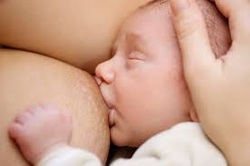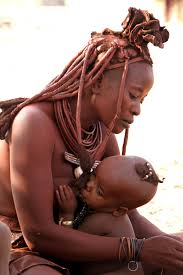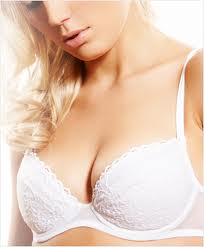 www.breastfeedingexperience.com
www.breastfeedingexperience.com Funded through collaboration between government and the medical research sector, new mothers will be offered the vouchers, which they can then use in supermarkets and high street shops. To qualify for the full £200 of rewards, the women will have to breastfeed until six months. Midwives and health visitors will be asked to verify whether the women are breastfeeding. Hopefully, these experts will teach and encourage the mothers too.
The areas chosen have low breastfeeding rates. On average just one in four mothers are breastfeeding by the six- to eight-week mark compared with a national average of 55%.
 en.wikipedia.org
en.wikipedia.org Scientists think that immune factors in breast milk provide a layer of protection to a baby's intestinal tract. Without this protection, inflammation can develop and the wall of the intestine can become leaky. This allows undigested proteins to cross the gut where they can cause an allergic reaction and other health problems.
Babies who are fed a formula based on cow's milk or soy tend to have more allergic reactions than breastfed babies. They don't get the natural layer of protection, so they're more vulnerable to inflammation, allergies, and other eventual health issues.
Maybe the hard men in the chosen areas will discourage their partners from breastfeeding. Everyone's thinking will need adjustment.
 www.deserthillsplasticsurgery.com
www.deserthillsplasticsurgery.com With unnatural practices such as breast augmentation, the role of this part of a woman's shape has stepped away from its primary importance. Men admire women with large breasts—for a reason. Large breasts signify lactation. Yet both sexes seem to have forgotten the primal reason for their infatuation for breasts.

 RSS Feed
RSS Feed






